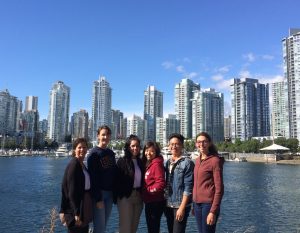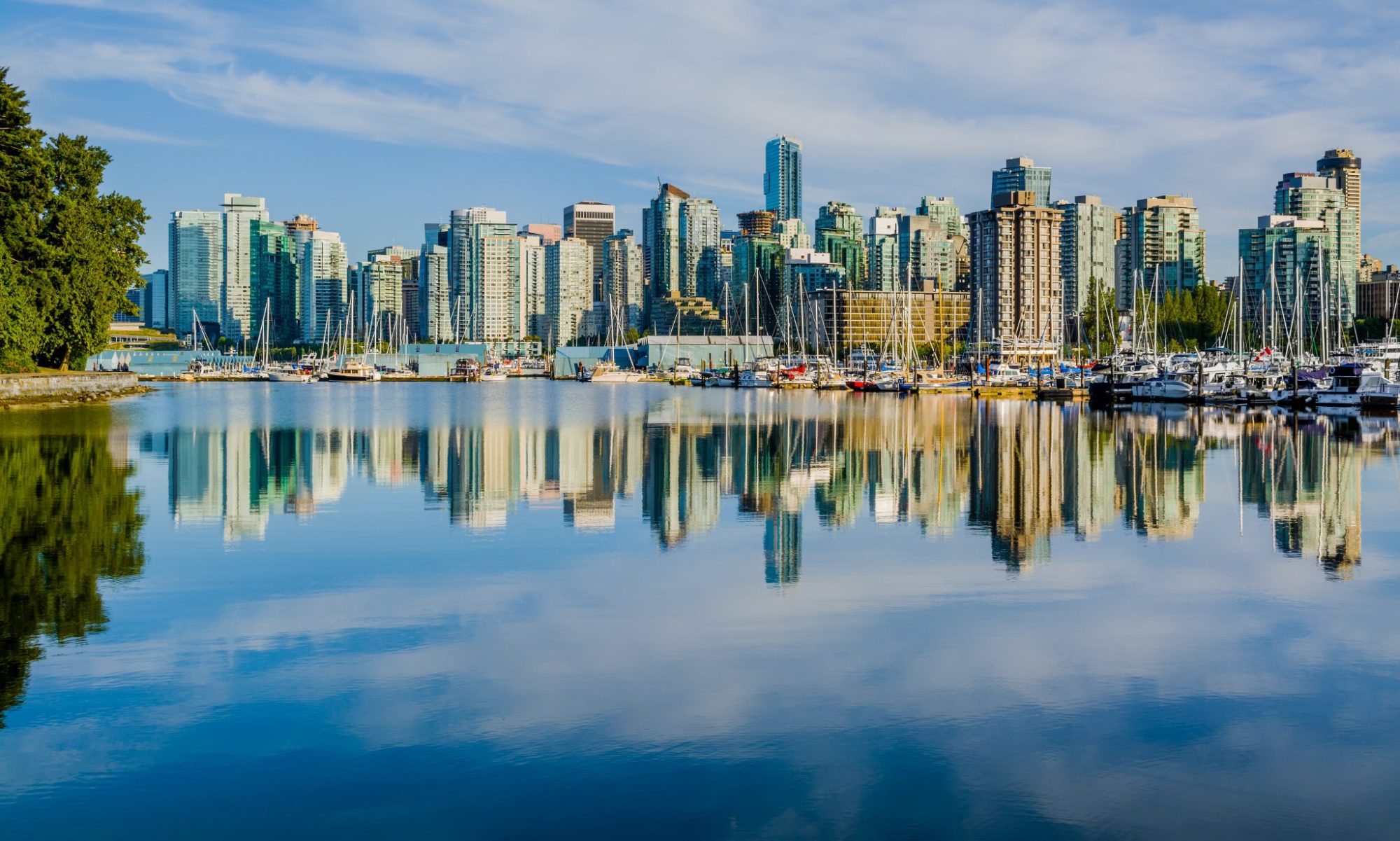
From left to right: Lesley, Bethany, Celeste, Michelle, Melchor, Kate
Lesley Miller, a 3rd year in Food, Nutrition and Health, is fascinated by how different nutrients interact with our genes. She greatly enjoys asking questions about nutrition controversies and conducting research to better understand the complexity of human health. When not at school, she enjoys running and long cycle rides up the Sea to Sky Highway.
Bethany Del Begio is a third year Food, Nutrition & Health student majoring in dietetics. She is particularly interested in the roles food security and nutrition play in mental health. Outside of school Bethany loves exploring the outdoors, digging into the local music scene, and playing ping pong.
Celeste Cardoz is a third year Nutritional Sciences student, particularly interested in the socio-economic, environmental, as well as cultural factors, that influence eating patterns and human nutrition. She is interested in the role that these factors occupy in the development of healthy relationships with food. When not at school or studying, Celeste can be found in the gym, out running, or travelling.
Michelle Huang is a fourth year Global Resource Systems student. She is interested in environmental justice. In her personal life, she loves travelling to different cities to enjoy the unique vibes of each space.
Melchor Berceles is a third year Food, Nutrition & Health student and is interested in human anatomy; he hopes to use his degree to help better himself and those around him. Melchor loves making music with his friends and enjoys teaching karate to children at his local community centre.
Kate Hengel is in her third year of an Applied Plant and Soil Science degree. She is interested in the relationship between climate change and agriculture, as well as the role soils play in supporting both natural and cultivated systems. In her spare time, Kate enjoys time in the mountains, sharing food with friends, and biking around the city.
Group interests and goals:
As a group, we are excited to engage with the public and learn about different perspectives community members have about the resiliency of Vancouver’s food system, in the event of a natural disaster. We were drawn to this project because it explores a current issue that many communities are facing globally; and is especially relevant to the Vancouver community. Through this project, we hope to characterize public awareness of this topic, and contribute to the city’s understanding of how Vancouver residents may respond to an event that disrupts the city’s food supply.
What we wish to gain from LFS 350:
During this project, we wish to gain both technical skills and interpersonal skills. In terms of technical capabilities, we would like to learn how to produce a podcast; production of an informative piece in a medium that is new to all of us, but is also easily accessible to the general public. Analytical abilities are skills we hope to develop during this term. Analytical skills will benefit our ability to evaluate both the information that we gather from the general public, as well as the literature available to us. From our assessment, we then hope to be able to identify possible weaknesses and/or strengths that the community possesses with respect to its food system resilience. We hope to obtain a better understanding of unique challenges that each food system in Vancouver must face, and raise our own, and the public’s awareness of the frailties of this system in the event of a natural disaster. Although we are working with a serious, and often overwhelming topic, we hope to meet new people, make connections, and most importantly have fun!
Community organization + Project objectives
For this project, we will be working with the Food Strategy Implementation Team under the guidance and supervision of the City of Vancouver Social Policy Department. The Food Strategy Implementation Team considers creating a sustainable food system in Vancouver a top priority and aims to support, empower, and improve the many people that partake in the city’s current system. While working with this team, we plan to investigate public perceptions regarding the strengths and weaknesses of the current food system in Vancouver when under the stress of a potential disaster, as well as citizen perceptions of their own readiness for such an event. We hope to use our findings to help raise awareness of the topic in a podcast.
First impressions of process to date
We found the process of framing our research question challenging; equally as challenging was deciding how to best approach individual members within a specific community. After reflection on the words of Ernesto Sirolli, it’s critical to our project that we understand individual approaches to disaster preparedness. Every community member will prepare and respond to a crisis in their own unique way; they will have their own ideas and their own creative solutions that will address this communal problem from varying perspectives. Intervention proposals from other parts of this resilience project (production, distribution, processing) will be greatly enhanced by the inclusion of unique voices that may not typically be included in such a study. We are excited that our portion of the Vancouver resilience project focuses specifically on the lived experiences of individuals in Vancouver; we look forward to actively listening to the individuals we encounter throughout our discovery.
